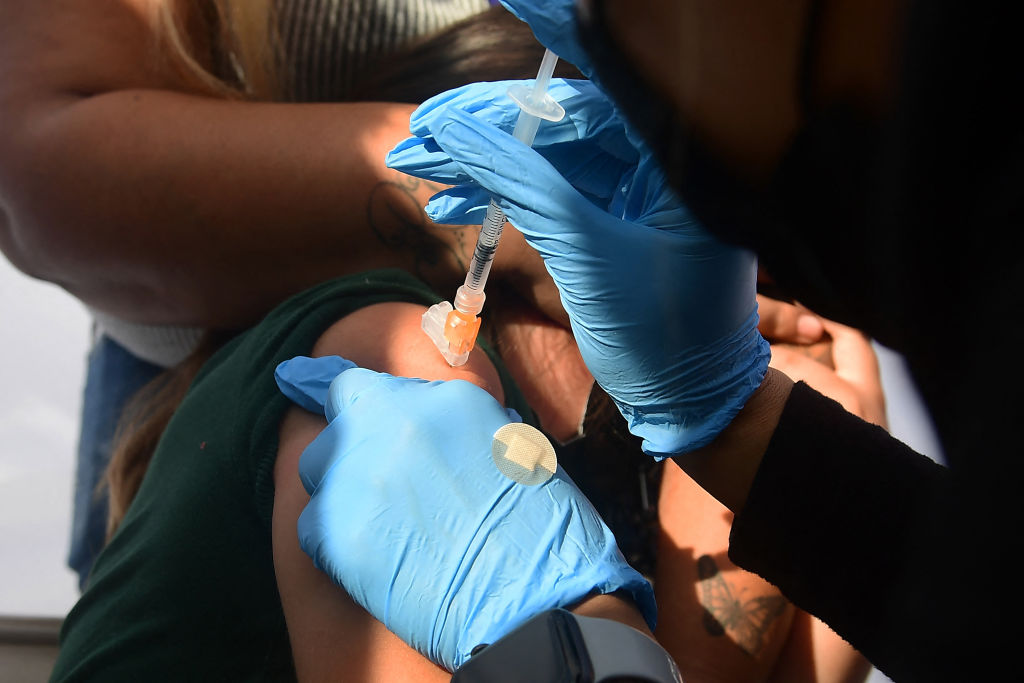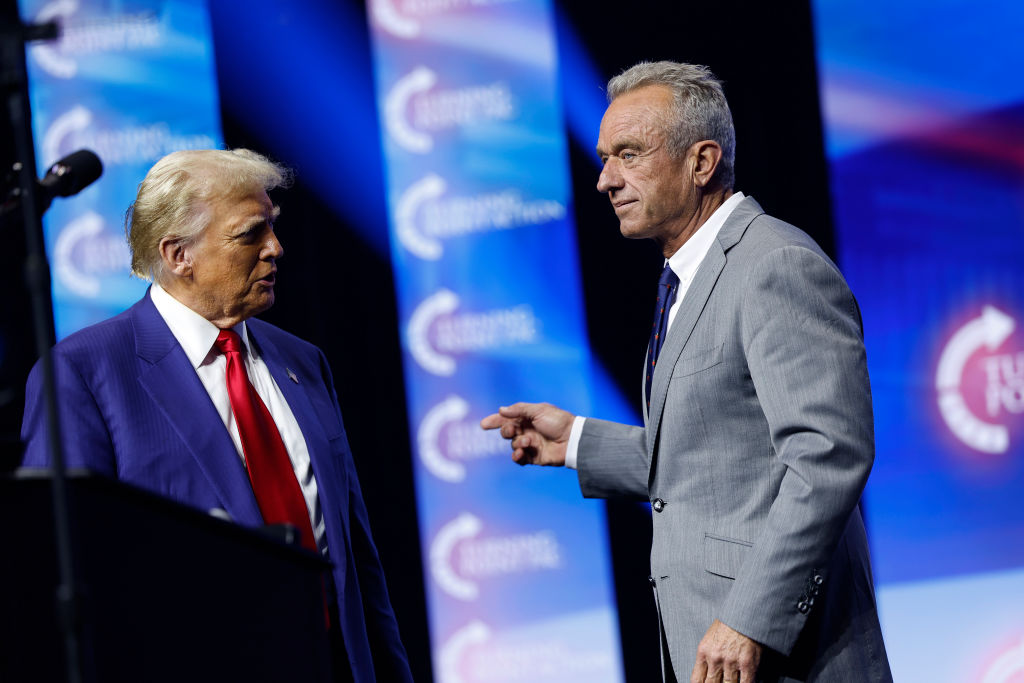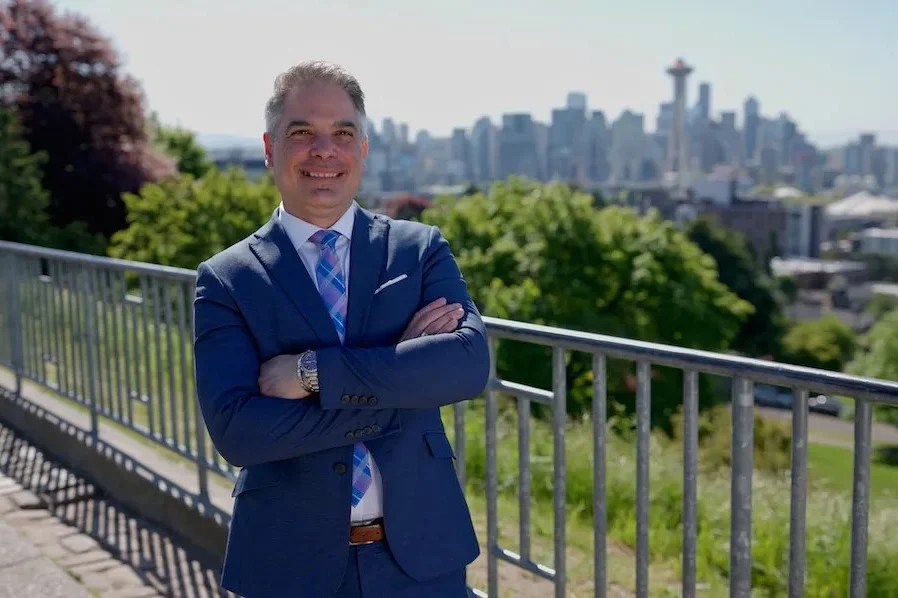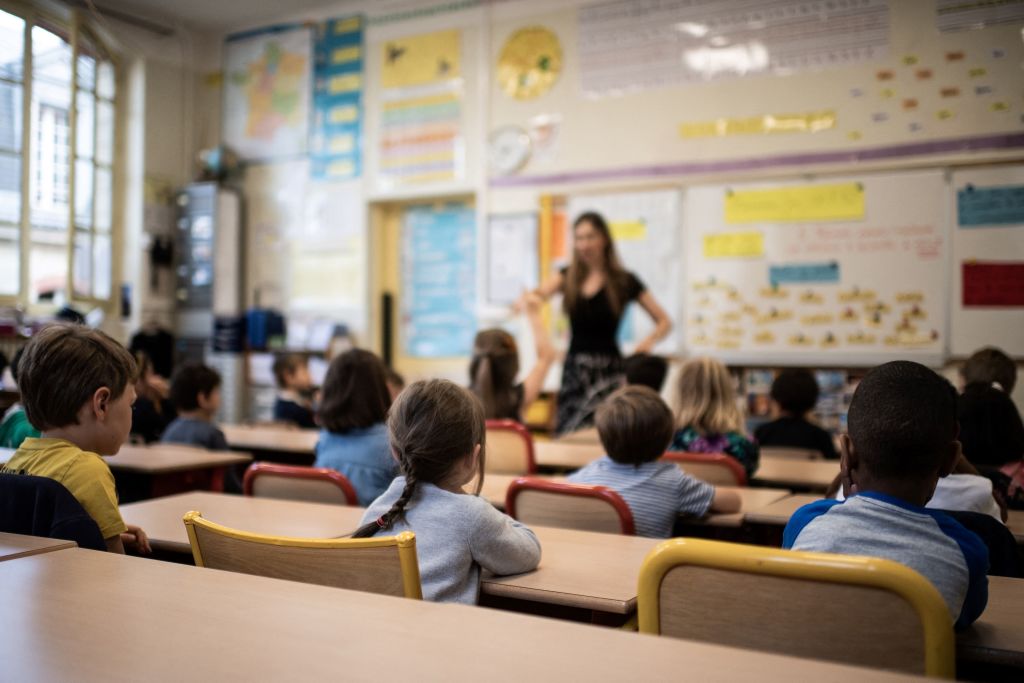The Washington State Board of Health has convened an advisory group to examine the possibility of including Covid vaccines in the mandatory immunization schedule for children in public K-12 schools and daycares. Unsurprisingly, many parents and concerned citizens — both vaccinated and unvaccinated — are strongly opposed.
Public interest converged on the issue ahead of a health board meeting held January 12, at which the immunization advisory group gave a preliminary briefing. Over 3,500 pages’ worth of comments from the public were posted on the Board’s website ahead of the meeting. The letters provided valuable insight into common opinion on mandatory Covid shots for children.
Online excitement about the January 12 meeting came from reports that the Board planned to discuss forcibly quarantining citizens in noncompliance with COVID-related public health orders. However, this turned out to be a misunderstanding of an agenda item related to Washington’s Communicable Diseases Act. The Board clarified that neither changing quarantine rules nor using law enforcement to impose vaccination were under consideration.
Ultimately the overwhelming majority of people who contacted the board were squarely focused on the issue of mandatory Covid vaccination for early childhood care and public school. Most people who wrote strongly opposed including the shots in young children’s mandatory vaccination schedule. Approximately 1,720 correspondents — many of whom said they had children in Washington State’s public system — opposed making the shots mandatory. Notably, over 100 said their professional background was in the health or education sectors: doctors, nurses, researchers, teachers and others.
In contrast, only around fifty people wrote in support of mandatory shots for children. About five said they had a background in health and three in education.
The majority of the 1,720 against the mandate said they were glad the shot was available, but that it should be up to parents, in consultation with their family doctors, to decide whether the Covid vaccine was suitable for their individual child.
“I beg you to protect rights of parents to make choices for their children,” one parent wrote. Others asked why immunity induced by infection was not considered equivalent to immunity induced by vaccine, as their children had already recovered from Covid. Most of the 1,720 wrote out explanations of their positions; of the fifty in favor, many merely expressed support without developing their rationale.
A common theme among those opposed to mandatory shots was that healthy children are not at serious risk from Covid. A Johns Hopkins study showed that out of 48,000 children who contracted Covid, the mortality rate was zero (except when children had pre-existing conditions such as leukemia). The CDC says 823 persons aged eighteen and younger have died while Covid-positive since the beginning of the pandemic. (The CDC says it does not distinguish between incidental cases of Covid and cases where Covid contributed to the cause of death.)
Parents also pointed out that giving their healthy child a Covid shot would not protect others. With Delta and now Omicron, they said, it has become clear vaccines do not prevent people from catching or transmitting the virus. “While we are vaccinated ourselves there is absolutely no reason to mandate that children [be] for school,” one parent wrote. “Especially considering recent data is that vaccinated and non-vaccinated are equal carriers, meaning that whether you are vaccinated or not — you are not a larger threat to others in the classroom.” CDC director Rochelle Walensky recently confirmed that vaccines don’t prevent transmission on CNN.
Among the roughly fifty correspondents who wanted the shots added to the mandatory schedule, at least three said they held this position out of concern for their immunocompromised relatives. They argued that vaccines do prevent transmission, and that if every child in school was vaccinated, the immunocompromised child would no longer be at risk. One parent said it was unfair that his family felt forced to choose between homeschooling their immunocompromised child and exposing the child to potential Covid infection at public school. He and the others believed this was a simple safety issue that a universal mandate could easily solve without negative repercussions for other children.
But parents on the other side of the question flagged safety issues as well. Many of the 1,720 who wanted parents to be able to choose said that more long-term safety data is needed before the Covid vaccines can be imposed on all children as a one-size-fits-all treatment. Some said they had been vaccinated themselves, through choice or for work, or had even vaccinated some of their children, but felt that not all children were good candidates for these vaccines. Around thirty correspondents said that they or someone close to them had experienced a severe adverse reaction to the shots, and they could not face the possibility of inflicting something similar on their healthy child. The CDC has confirmed that in the US, COVID vaccines caused over 29,000 adverse events in children aged between five and seventeen over 2021 (reports for children eleven and under only began in November, when their age group became eligible for shots.)
Some parents expressed very real fears that pressure from political and financial stakeholders mean adverse events are underreported. They are not alone: people have begun setting up their own websites to track whatever information is available, such as the arrestingly named How Bad Is My Batch? which analyzes VAERS reports (submitted by medical professionals as well as the general public; false reporting is a criminal offense) to determine which brands and batch numbers have been associated with the most reported injuries and deaths. It’s easy to dismiss this kind of initiative as at best, lacking rigorous official oversight and at worst, prone to errors and fearmongering — but where’s the CDC’s official batch tracker? In the absence of transparency, of course people are going to start crunching numbers.
“While Covid can be life threatening to the older members of society,” one contributor wrote, “our children should not incur risks that are not their own without the very best, sound scientific evidence (that is free from politicization or greed). And that evidence is going to take years, not months.”
“I am fully vaccinated,” another parent wrote. “My two older children are also. When my youngest became eligible in recent weeks, I took pause and began investigating more. I’m looking for answers and am no longer convinced that all the information that is necessary to ensure the health and safety of my children is being considered.” A large number said they would pull their children out of public school or move to another state if the requirement is imposed.
Some reminded the health board of past disasters resulting from insufficient safety or testing standards, including in the history of polio vaccines: a tainted batch gave 40,000 healthy children polio, killing five and paralyzing fifty-one. Another recalled the thalidomide tragedy, when an insufficiently tested medication for morning sickness impaired the development of an estimated 100,000 babies in the womb. Many did not survive; around 10,000 were born disabled.
The Board of Health assured parents and interested citizens ahead of the meeting that if the advisory group does recommend the inclusion of Covid vaccines on the childhood schedule, and should the Board follow the recommendation, “exemption allowances currently listed in the state’s immunizations law would be available” for those who decide against the Covid vaccines, including “medical, religious, philosophical or personal exemptions.”
But parents do not seem confident of getting exemptions easily. One mother wrote about a heart condition her daughter had as an infant, requiring cardiac surgery at eight months. She says the CDC indicates her daughter’s condition puts her at risk of developing myocarditis or pericarditis, known side-effects of the Covid shots. “I have asked doctors for a medical exemption and I keep getting the run around and the term ‘This is above me,’” she writes. “That is both disheartening and concerning. As a mother I am appalled that I would be forced to inject my daughter who could have major complications…”
Even if exemptions were freely available, some think attempts at universal vaccination could backfire if the virus continues to mutate away from the strain targeted by the shots. “Requiring an experimental vaccine for a virus that is mutating is not good public health,” one man wrote. Many compared it to traditional flu shots, which have always been available at parents’ discretion, but are not mandatory. This is partly because it’s generally believed exposure to common viruses helps develop children’s immune systems, and partly because the shots don’t work all that reliably. Scientists say this is because influenza viruses mutate so quickly, but also because individuals’ unique immune histories affect their responses to flu shots and to circulating viruses, meaning that even if the vaccine is well matched to the flu strain, in some cases the shots don’t help and might even make the vaccinated individual sicker.
Much of America, thankfully, seems ready to move on from the pandemic and learn to live with Covid, just as we do with so many other viruses. But some public authorities seem keen to prolong a sense of emergency, used to justify stringent controls over people’s movements and health decisions. Hopefully the Washington State Board of Health is able to hear what so many concerned citizens are telling them: Medical decisions for children should be made by parents, not bureaucracies.

























